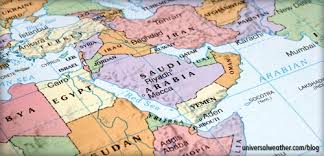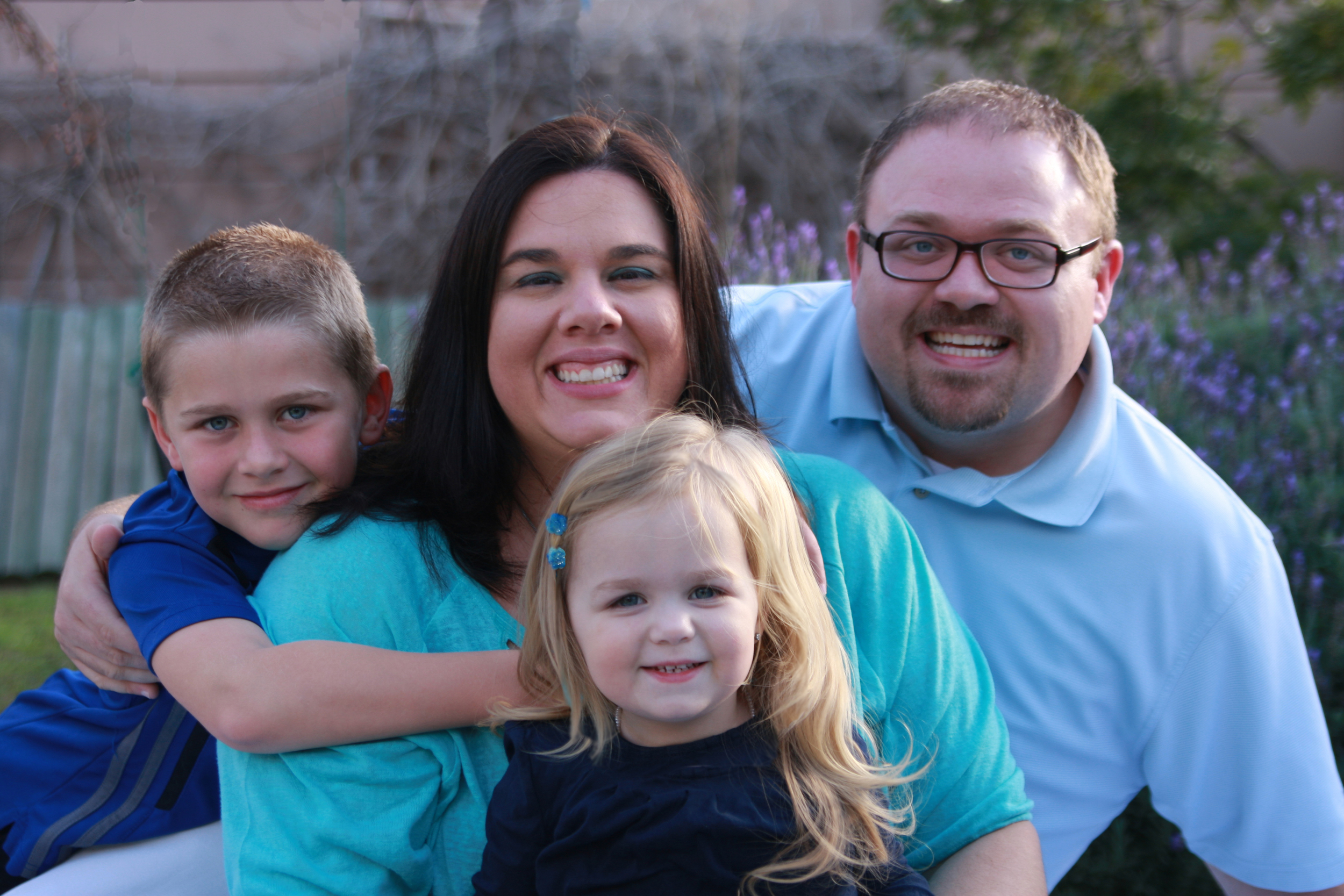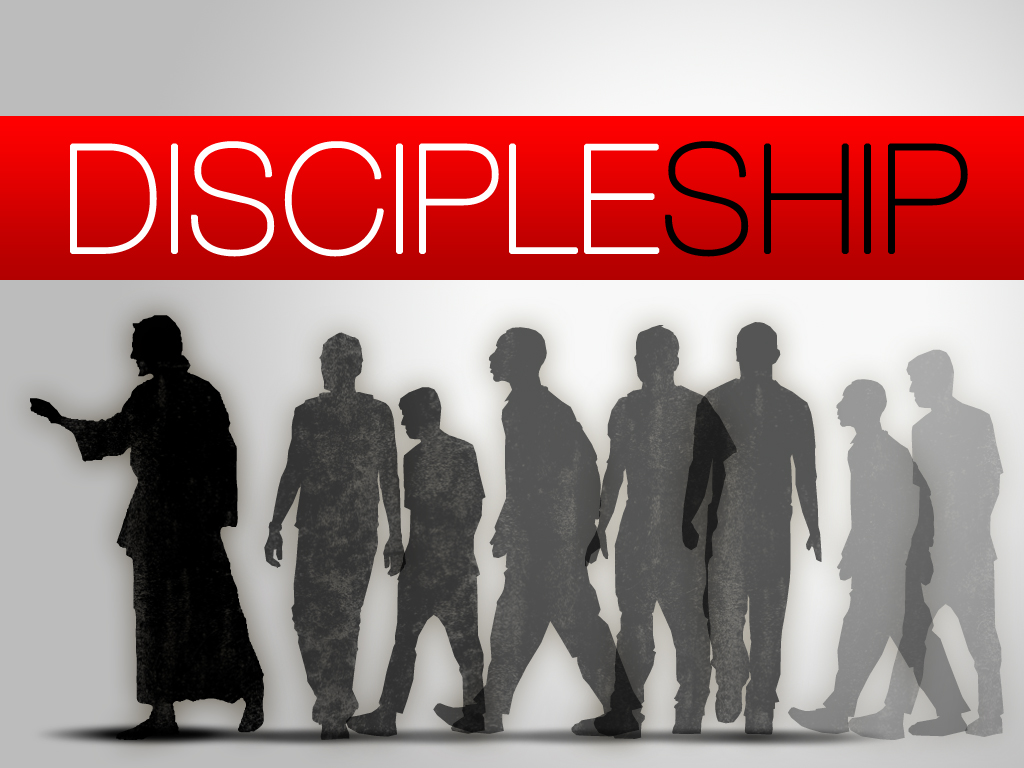A Question to the Pastor...and His Answer
/A friend of mine recently shared this with me and I thought it was worth reposting. It really stirred and touched my heart. A young man asks his Pastor a question. Then, his Pastor replies. Hello Pastor.
I have a question; I hope you can give me some input. I recently became friends with people of the Muslim practice. We exchanged what our beliefs were and how they differ. (In a friendly way.) But this thought has ached at me for months now. How do we know, as Christians, we are correct? How do we know our religion, our denomination, our practice is correct?
S
Dear S,
You have asked an important and complicated question. How do we know that our religion is correct?
Of course, we have valid reasons to be a bit uncomfortable about the implications within the question. It’s disconcertingly easy for the Pakistani Muslim, the Indian Hindu, the Thai Buddhist, the Israeli Jew, and the American Christian to each simply assume that their native religion is the true one. So is it just a matter of geographical luck if you happen to end up in the true religion? After all, the vast majority of Muslims, Hindus, Buddhists, Jews, and Christians did not undertake an objective study of comparative religions and arrive at a conclusion. No, they were born into a family and nation where their particular religion was culturally dominant. (Yes, every religion has its converts from other religions, but these make up a tiny minority.)
But am I suggesting that we should engage in an objective study of comparative religions? No. In fact, I think such an undertaking is impossible. Not inadvisable, but literally impossible. You can only experience a religion by being a believer within the faith and practice of that religion. Religion cannot be approached objectively. The very nature of religion prevents this. For example: One can be thoroughly versed in the teachings of the New Testament (a scholar even) and be well acquainted with Christian theology and worship, church history and practice and still not believe. Which is to say it is thoroughly possible to be an expert on Christianity and not be a Christian. Bart Ehrman would be an example. (And Bart Ehrman would agree.) Or to say it another way: I could become an expert on the Koran and Islam, but that alone would not make me a Muslim. Faith is the essence of religion, not empirical knowledge. We cannot study religions like we do insects. Well, we can, but being an expert on grasshoppers does not make you a grasshopper. And being an expert on Hinduism doesn’t make you a Hindu. Religious faith is a subjective experience — not objective empirical knowledge.
Which is to say you don’t know what it means to be a Muslim, Hindu, Buddhist, Jew, Christian…until you are one! And to be one, is to not be the other. So comparison becomes impossible.
The modern, sloppy notion that we can mix-and-match religions like we do pants and socks is utter nonsense. The modern person who says, “I’m a Buddhist-Hindu-Muslim-Christian” is in reality a secularist wearing religious accessories. The truth is they know virtually nothing about what it means to actually be a Buddhist or a Hindu or a Muslim or a Christian.
The nature of religion based in faith makes the comparative religion project ultimately impossible.
To be an adherent of a religion is to believe, and faith is not an object of empirical inquiry.
I believe Jesus is risen from the dead. But I cannot prove it.
(I do believe the resurrection is the most reasonable explanation for the empty tomb and the rise of Christianity, but it cannot be proven.)
I have my own subjective experience with the risen Christ. But I cannot prove it. I can only witness to it. It will be up to my hearers as to whether or not they believe my witness.
That which actually makes me a Christian is nothing that can be empirically proved…which is why it’s called faith!
(Attempting to worship at the altar of Christ and the altar of empiricism at the same time creates the terrible conundrums suffered by modern Western Christians — ultimately one must be subordinate to the other.)
Furthermore, in the framing of your question you hint at an additional problem. If we want to empirically “know” that Christianity is the true religion, that leads us to the next question: Which Christianity? Orthodox? Catholic? Anglican? Protestant? Evangelical? OK, let’s say you choose Evangelical. Which Evangelical? Baptist? Which Baptist? (There’s hundreds of species of Baptist!) You see the problem. With an empiricism-based approach to religion you wind up in the dead-end alley of “I’m right and everybody else is going to hell.” Which I think you are instinctively trying to avoid.
So what are we to do?
We are to believe in Jesus.
By a leap of faith we believe in Jesus because of our own subjective (and unverifiable to anyone else) experience with the risen Christ.
I only believe in “Christianity” because I have come to believe in Jesus.
I don’t spend a lot of time (none really) arguing with a Muslim or Hindu that Christianity is “correct” and Islam and Hinduism are “wrong.” That’s always going to be a dead-end.
I do talk about Jesus. I do tell the gospel stories. I do witness to my own experience with Jesus.
In other words, I put my faith in Jesus to personally reveal himself to other individuals in a way that only he can. It’s not my task to prove Jesus or Christianity. I am simply a witness to Jesus. And Jesus will have to do the heavy lifting. Jesus will have to prove himself.
So in a technically empirical sense I do not “know” that Christianity is correct as compared with any other religion. But I don’t need to. I know Christ. Non-empirically. Subjectively. Personally. By the Spirit. And this is enough. More than enough.
To the Christian who feels the need to anxiously defend Christianity in an empirical sense vis-á-vis other religions I want to say this: Just know Jesus. That’s enough. Just witness to Jesus. That’s all you can do. If Jesus can’t prove himself, then Christianity is not worth proving. I believe Jesus can prove himself — he can make himself known. He made himself known to me. And that’s all I can say.
I hope this helps.
Blessings,
Pastor Brian
P.S. I recommend being friends with everyone you can be friends with!









